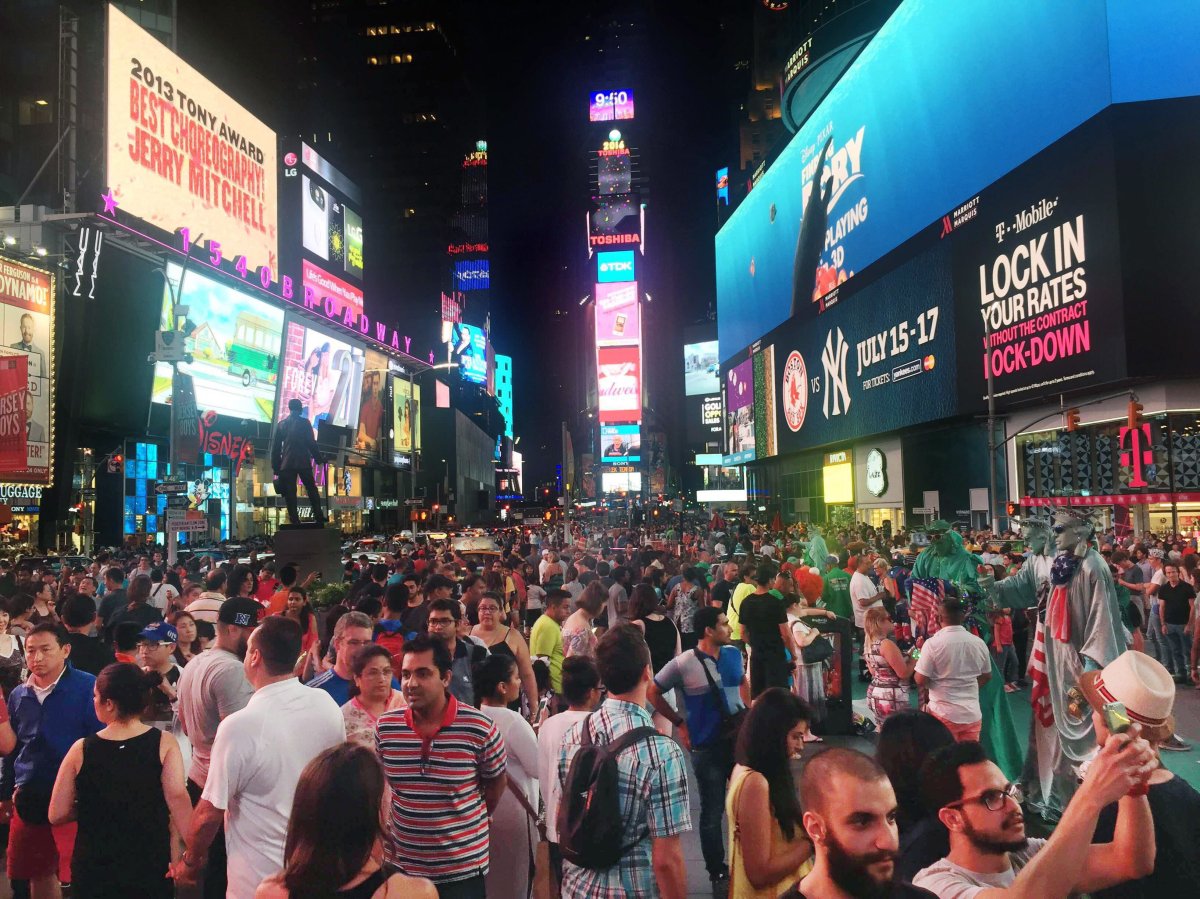Documents obtained by Global News show the RCMP was aware an 18-year-old Canadian being investigated by the FBI for terrorism and links to the Islamic State was treated at Toronto’s Centre for Addiction and Mental Health (CAMH) prior to crossing into the United States where he was arrested and eventually pleaded guilty to seven terrorism-related charges.

The documents include a series of faxes sent between the RCMP’s National Security Enforcement Team and a representative from CAMH.
On May 16, 2016 – five days before Abdulrahman El-Bahnasawy, 20, was arrested by the FBI while travelling in New Jersey with his family – RCMP Const. Peter Simmons sent an urgent memo to the health records department at CAMH requesting they confirm the existence of any medical records pertaining to El-Bahnasawy.
READ MORE: Canadian teen who plotted ISIS attack in U.S. says ‘frustration’ turned him to violence
The hospital responded, confirming the records existed, and that El-Bahansawy was treated at the facility over a four-month period between June and October 2014, when he was 16 years old.
The documents do not indicate whether the RCMP received the medical records before El-Bahnasawy crossed into the U.S.
Lawyers claim El-Bahnasawy ‘vulnerable’ because of age, isolation, mental health
El-Bahnasawy’s arrest in May 2016 came after an FBI investigation that involved the use of an undercover agent posing as an ISIS supporter.
The attacks were to occur in June 2016 and target New York City’s Times Square during the Islamic holy month of Ramadan. El-Bahnasawy purchased bomb-making materials – including 18 kilograms of hydrogen peroxide – which he later sent to the FBI undercover agent in the U.S.
El-Bahnasawy pleaded guilty to seven terrorism-related charges in October 2016, but his lawyers now argue he was vulnerable because of social isolation, prolonged stays in psychiatric facilities and youth.
READ MORE: Sentencing delayed for Canadian who plotted ISIS attack as defence prepares medical reports
El-Bahnasawy is scheduled to be sentenced April 9. He faces a maximum sentence of life in prison.
But his lawyers said in their submission that his parents’ decision to move back and forth between Canada, Egypt and Kuwait during his adolescence had a profound effect on him and should be considered during sentencing. They say he became isolated, addicted to drugs and was in and out of rehabilitation centres and psychiatric facilities for years.
In 2014, for example, El-Bahnasawy received out-patient treatment at CAMH for drug addiction and related mental-health issues. According to the submission, he was then “forced” into an in-patient treatment program at CAMH after revealing multiple suicide attempts.
“I felt like there was no reason to live, and being asleep (dead) would be much better than living the life I was living,” wrote El-Bahnasawy in a 24-page letter also submitted to the court on Friday. “I had no purpose and the only thing I lived for were drugs.”
Following this he returned to Egypt where his lawyers allege his parents forced him to spend eight months in a detoxification and drug rehabilitation centre.
The lawyers say this near constant hospitalization, moving from one country to the next and the sense of disillusionment he felt with his parents’ treatment, drove El-Bahnasawy into the dark underbelly of internet chatrooms – where he was exposed to Islamic extremism and eventually connected with an FBI undercover agent.
Lawyers request short sentence, return to Canada
El-Bahnasawy’s lawyers say the actions that led to his arrest and conviction occurred at a time when he was drug-free. They say he committed these acts – including speaking with the FBI agent and sending bomb-making materials across the U.S. border – while in a “pause in treatment and prescribed medication.”
Ironically, their submission alleges he was scheduled to meet with a psychologist in Toronto to discuss continued treatment options only three days after his arrest in May 2016.
This never happened, of course. And now, El-Bahnasawy’s lawyers say he cannot receive the treatment he needs while imprisoned in the U.S. They provided numerous expert opinions indicating the type of care he needs is best obtained outside of prison, while at home with his family.
They’ve asked the judge for a short sentence – something in the range of five years – until his “cognitive development will be complete.”
The lawyers also requested that El-Bahnasawy be returned to Canada “as soon as is reasonable” so that he can receive the “proper treatment” not available to him in U.S. detention.




Comments